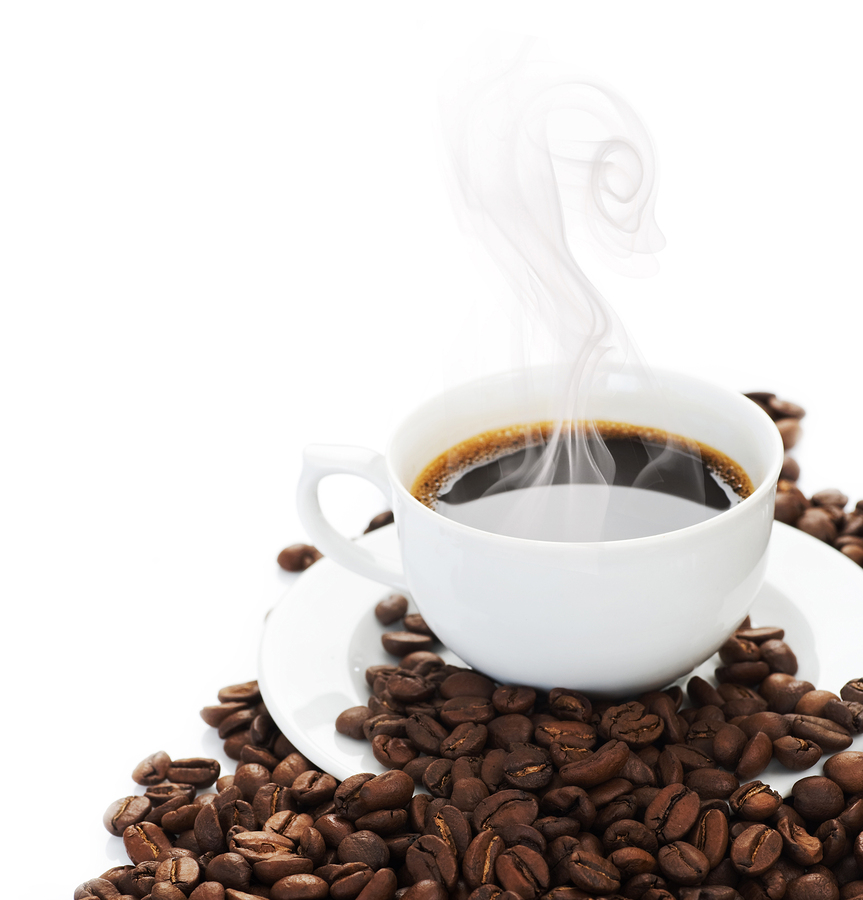It’s Caffeine Awareness Month: Is Your Parent Getting Too Much?
March 14, 2018
Caffeine is a common stimulant found in coffee, tea, and some other foods. It is considered a drug and is the most commonly used drug in the world. Many people start the day with a cup of coffee, and your aging relative may be no exception. In fact, they might have several cups throughout the day. In most cases, caffeine is harmless. However, when people get too much of it, it can cause serious problems. Senior Care in Redwood City CA: Caffeine Awareness Month
Safe Levels of Caffeine.
Doctors at the Mayo Clinic say that most adults are safe to consume up to 400 mg of caffeine per day. That’s about 4 cups of coffee or 10 cans of soda. Even though most people can take that much, some people are sensitive to caffeine and should avoid it. Also, certain medications can interact with caffeine.
Caffeine Side Effects and Complications.
People who consume too much caffeine or who are sensitive to it can experience side effects. If your aging relative is having any of the following side effects, it may be time to cut back on their caffeine intake:
Senior Care in Redwood City CA: Caffeine Awareness Month
Safe Levels of Caffeine.
Doctors at the Mayo Clinic say that most adults are safe to consume up to 400 mg of caffeine per day. That’s about 4 cups of coffee or 10 cans of soda. Even though most people can take that much, some people are sensitive to caffeine and should avoid it. Also, certain medications can interact with caffeine.
Caffeine Side Effects and Complications.
People who consume too much caffeine or who are sensitive to it can experience side effects. If your aging relative is having any of the following side effects, it may be time to cut back on their caffeine intake:
- Migraine headache.
- Nervousness.
- Difficulty sleeping.
- Upset stomach.
- Frequent urination or bladder incontinence.
- Rapid heartbeat.
- Irritability.
- Muscle tremors.
- Green tea: 28 mg.
- Black tea: 47 mg.
- Iced tea: 25-48 mg.
- Coffee: 130-180 mg.
- Decaffeinated coffee: 2-15 mg.
- Soda (12 oz.): 34-54 mg.
- Dark chocolate (1 oz.): 23 mg.
- Over the counter painkillers (2 tablets): 130 mg.
If you or your loved one is looking for senior care in Redwood City, CA, please call Familiar Surroundings Home Care.
Santa Clara County: (408) 979-9990
San Mateo County: (650) 353-9777
Santa Cruz County: (831) 480-3990
Sources https://www.healthline.com/nutrition/caffeine-side-effects https://www.mayoclinic.org/healthy-lifestyle/nutrition-and-healthy-eating/in-depth/caffeine/art-20045678 https://www.webmd.com/diet/ss/slideshow-how-much-caffeine https://www.medicalnewstoday.com/articles/285194.php


